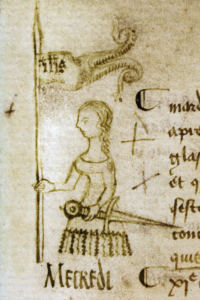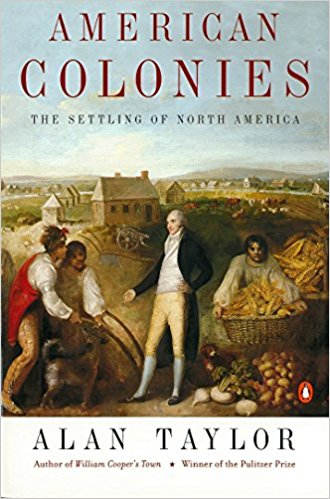
Book review: Saint Joan
Shaw’s calm dissection
of the myths…
Book review:
Saint Joan
by George Bernard Shaw
Baltimore, MD: Penguin Books, 1964
159 pages, with extended Preface by Shaw and Epilogue
I read Saint Joan as a high school kid in 1964. I don’t remember much about that reading, except that I never forgot these words that Shaw wrote for his Joan: “I cannot bear to be hurt.”
It always seemed to me that Jehanne d’Arc (c1412-1431) could be the symbol of an innocent, profoundly driven young woman who was victimized by events that made a sweep in history, yet had only personal inspiration for her.

Sketch of Joan from life, 1429
In France, Joan is familiar as “the maid.” Did “la pucelle d’Orléans” (the maid of Orleans) really see and hear the Archangel Michael, St. Margaret, and St. Catherine? Who knows? Was Jehanne a religious nutcase who made confession every day and liked to play soldier? Who knows? Did she inspire great and not-so-great men to do mighty and courageous things in the service of their masters and for the glory of France? She did.
Shaw’s lengthy Preface to his play is a calm dissection of the myths and reality of this young woman, a noble and pitiable mover-and-shaker who led French armies to victory and who was burned at the stake for heresy and for cross-dressing. In Saint Joan, Shaw has few kind words for the men who resisted, accepted, honored, used, betrayed, burned, and finally beatified a peasant girl from Domrémy-la-Pucelle in northeastern France.
The folks in her home town finally named the village for her in 1578. You could say it was the least they could do while they were waiting for the Catholic church to make her a saint in 1920.
Shaw’s sympathetic treatment of The Maid inspired me to write this poem:
la pucelle
Joan, Joan, Joan…
O, you trusted your dream,
you thought it was enough to heed your voices,
you thought that God was on your side
and nothing else mattered,
you risked your beautiful soul
to save France,
and you didn’t understand
that too many of the men wanted
to win something else,
you went to the fire believing
in an eternity of goodness,
and you never knew
how little of your dream was left
for the people who loved you.
October 22, 2018
Inspired by George Bernard Shaw’s Saint Joan
My poem “la pucelle” was published in my fourth collection of 55 poems, As with another eye: Poems of exactitude. You can buy it on Amazon (paperback and Kindle), or get it free in Kindle Unlimited (search for “Richard Carl Subber”)
* * * * * *
Book review. My poetry. Copyright © Richard Carl Subber 2018 All rights reserved.
The Black Canyon of the Gunnison
“…high above that wild width…”
(my poem)
click here
As with another eye: Poems of exactitude with 55 free verse and haiku poems,
and the rest of my poetry books are for sale on Amazon (paperback and Kindle)
and free in Kindle Unlimited, search Amazon for “Richard Carl Subber”
* * * * * *




